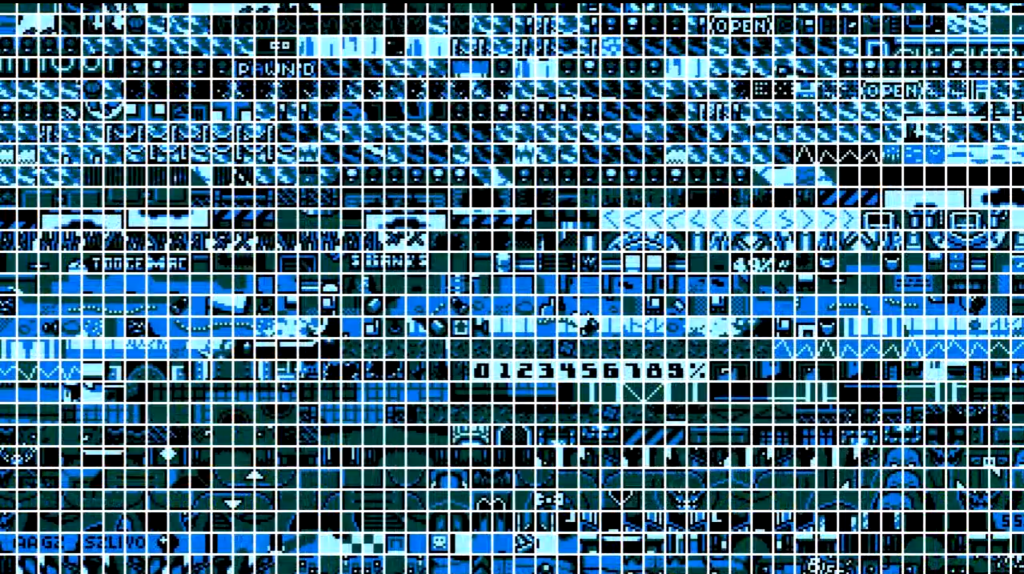a group of young video game history nerds and their games and consoles, video game programmers, and computer engineers
Do they even have any technical knowledge to make the game they actually want instead of making the one they had to be satisfied with? You know, console tech limitation?
Would they stay together even in hard times and wouldn't ever backstab each other?
There were too many people here, and not every human can pick long-term benefit over the short-term one, especially if they were certain that they could leverage it. Imagine someone thinking 'I could have done this and that if I have the money to fund it that year! Those guys dared to veto my plans! I know that my plan was better than theirs, they were just too blind to see it!'
And then the angry one would make a plan to sell off important information with the mindset of 'better ask for forgiveness than permission'. Then the one they thought of as non-essential information actually wasn't, and there will be schism and unforgivable grudge that festers.
I wouldn't be too optimistic it wouldn't change the genre from 'slice-of-life focusing on game uplift' to 'feuding time traveler trying to maximize their future knowledge benefit by eliminating competitors.'
In terms of gaming specifically, even foreknowledge doesn't actually guarantee success.
Yeah. even something good could flop if people don't know how to market it. Something awful bad could explode when it was thrown out of the manufacturing line at the perfect time. Earthbound was not popular at all even if it was way better than Final Fantasy in my opinion.
Someone who came from our time wouldn't be satisfied with the simplistic story and gameplays of retro games. They would try to make their game something so groundbreaking and had to delete and excise a lot of things to fit into old tech and to fit the budget. there will be a constant compromise on quality.
And then one day they would wake up and find their motivation had long become impure, they were not a game company their past self would respect. They were just EA reskinned, churning low-quality games and spread sufferings through micro-transactions.
Well, enough pessimism. I want to see someone made use of Doom game engine to make the Brutal Doom years early, and see how everybody and their mothers go up in arms to see it as banned as Mortal Kombat.
"But it's a game about killing demons! Surely your church endorse demon-killing? How about I gave you a free demo so that your church-goers could play it every sunday after the mass? No?'



